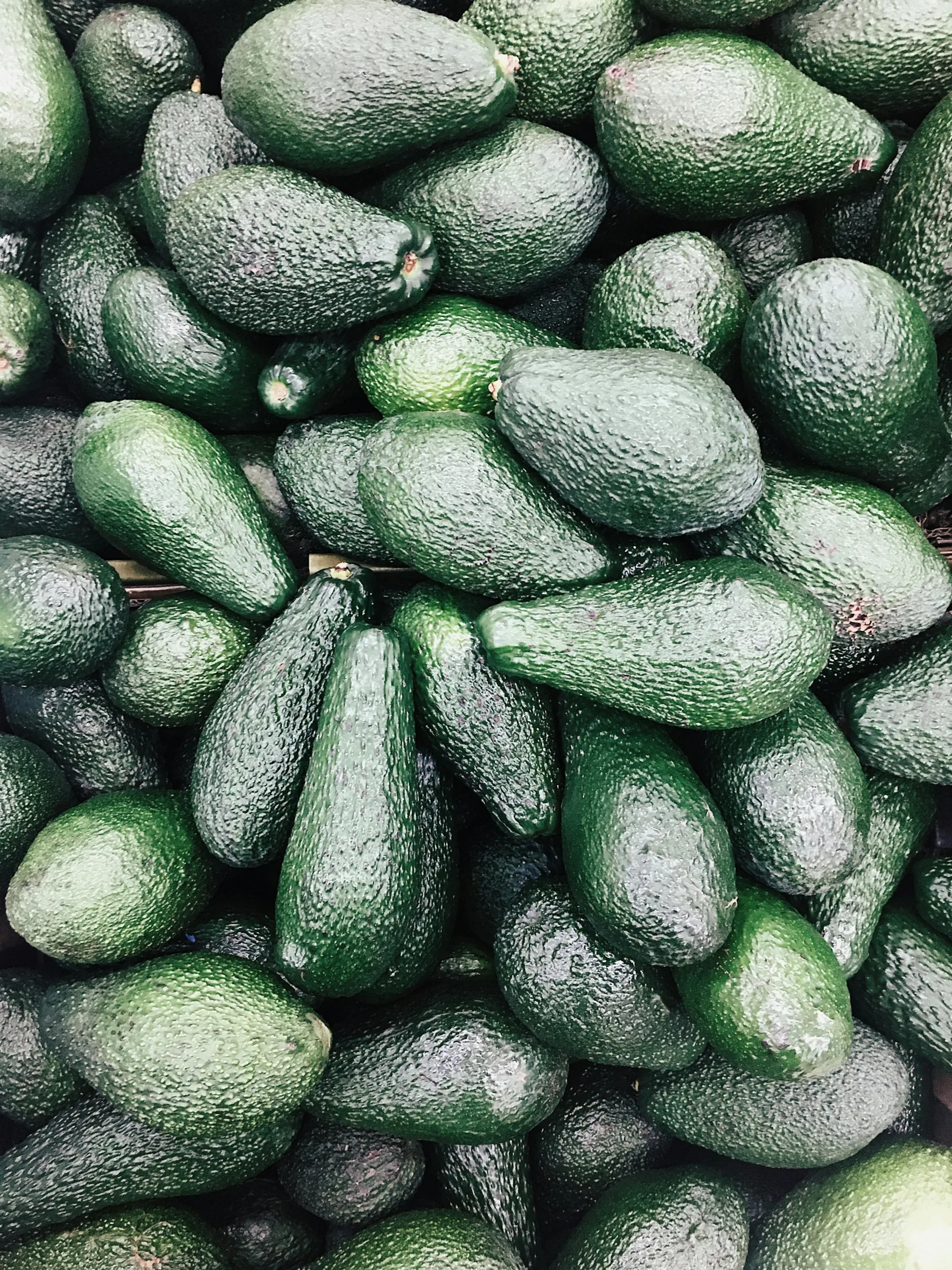Table of Contents:
- Introduction
- The Avocado Invasion
- The Environmental Toll
- Human Cost: Intimidation, Abductions, and Shootings
- Climate Pledges vs. Avocado Trade
- The U.S. Stance
- Industry Responses
- Water Crisis and Aquifer Depletion
- Implications for Global Warming
- Conflicts in Cartel-Torn Regions
- Historical Roots of Avocado Cultivation
- Economic Impact on Michoacán
- Industry Acknowledges Deforestation
- Corruption at the Core
- Environmental Prosecution Challenges
- Moving Forward: Can the Avocado Industry be Sustainable?
- Conclusion
Introduction: Avocados, once a staple of Mexican cuisine, have transformed into America’s beloved superfood. However, the avocado’s surge in popularity comes at a staggering cost for Mexico’s forests, sparking a chain of events involving illegal deforestation, violence, and environmental degradation.
The Avocado Invasion: In the mist-shrouded mountaintops of western Mexico, armed men, and flames signal the onslaught of a troubling trend – illegal deforestation for avocado cultivation. Once lush forests have given way to orchards, raising questions about the ethical and legal dimensions of the avocado trade with the United States.
The Environmental Toll: While deforestation worldwide is often linked to activities like cattle ranching and palm oil farming, Mexico faces a unique challenge. The insatiable appetite for avocados in the U.S. has driven a relentless pace of forest clearing, involving criminal gangs, corrupt officials, and landowners.
Human Cost: Intimidation, Abductions, and Shootings: A journey into the heartlands of Michoacán reveals how those resisting deforestation face threats, abductions, and violence. Local residents, including farmers and Indigenous leaders, find themselves caught in a dangerous web of criminal activities driven by the lucrative avocado trade.
Climate Pledges vs. Avocado Trade: Despite the commitment to combat deforestation by 2030, the $2.7 billion annual avocado trade between the U.S. and Mexico raises doubts about the effectiveness of climate pledges. The report sheds light on the challenges faced by Mexican environmental officials in urging the U.S. to take action.
The U.S. Stance: Amid calls for action, U.S. officials appear hesitant to intervene. Documents from Climate Rights International reveal instances of avocados from deforested lands entering the American market, prompting questions about the responsibility of both nations in mitigating environmental impact.
Industry Responses: Major American avocado distributors, like Fresh Del Monte, claim to support reforestation projects in Mexico. However, the report highlights the complex web of accountability, with companies emphasizing collaboration and distancing themselves from direct involvement in avocado farming.
Water Crisis and Aquifer Depletion: Beyond deforestation, the avocado boom poses a threat to water resources. The cultivation of water-intensive avocado trees exacerbates an existing crisis by draining aquifers crucial for traditional crops. The report explores the environmental consequences of this water imbalance.
Implications for Global Warming: Avocado cultivation not only diminishes carbon storage in Mexico’s forests but also contributes to climate change. The report delves into the environmental impact of replacing conifer forests with water-hungry avocado trees, painting a dire picture of an ecosystem in distress.
Conflicts in Cartel-Torn Regions: In regions already grappling with drug cartel conflicts, forest loss adds a new layer of complexity. Concerns arise about authorities turning a blind eye to illegal activities, allowing both timber harvesters and avocado growers to operate with impunity.
Historical Roots of Avocado Cultivation: While avocados have been part of the region’s diet for centuries, industrial-scale production for export only began in the 1990s. The report traces the historical roots of the avocado industry, exploring how it evolved into an economic powerhouse in Michoacán.
Economic Impact on Michoacán: The booming avocado industry significantly impacts the economy, employing over 300,000 workers in Michoacán alone. As a vital economic generator, the industry’s growth is juxtaposed against the environmental and social costs detailed in the report.
Industry Acknowledges Deforestation: Acknowledging the problem, the association representing the Mexican avocado industry emphasizes efforts to address deforestation. However, the effectiveness of these measures is questioned, raising concerns about the industry’s commitment to sustainable practices.
Corruption at the Core: Reports of local corruption emerge, suggesting a systemic issue hindering environmental protection. The report exposes allegations of bribery, with authorities allegedly turning a blind eye to larger orchards in exchange for financial incentives.
Environmental Prosecution Challenges: The challenges faced by environmental prosecutors in addressing illegal deforestation related to avocados are examined. The report sheds light on the obstacles and complexities that hinder effective legal action against those contributing to environmental degradation.
Moving Forward: Can the Avocado Industry be Sustainable?: With the environmental, social, and economic ramifications laid bare, the report explores possibilities for a sustainable avocado industry. Can responsible practices and international cooperation pave the way for an industry that balances economic success with environmental preservation?
Conclusion: As the love for avocados continues to drive a multibillion-dollar trade, the report underscores the urgent need for collective action. Balancing the demand for America’s favorite fruit with the preservation of Mexico’s rich ecosystems requires a paradigm shift in the avocado industry, from corporate responsibility to international cooperation. The fate of forests, aquifers, and communities hangs in the balance.
FAQs: Q1: How does avocado cultivation contribute to deforestation? A1: Avocado cultivation often involves illegal deforestation, driven by criminal gangs, corrupt officials, and landowners seizing forested areas for orchards.
Q2: What environmental impact does the avocado industry have? A2: The industry depletes aquifers, releases climate-warming gases, and reduces carbon storage, posing a threat to Mexico’s ecosystems.
Q3: Is the U.S. taking action against avocados from deforested lands? A3: Despite calls from Mexican officials, there is limited U.S. intervention, raising questions about the responsibility of both nations in mitigating environmental impact.
Q4: Can the avocado industry be sustainable? A4: The report explores possibilities for sustainability, emphasizing the need for responsible practices, industry collaboration, and international cooperation to balance economic success with environmental preservation.
